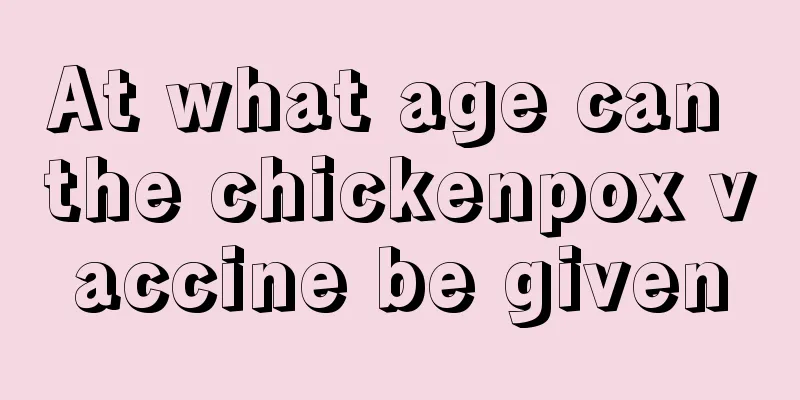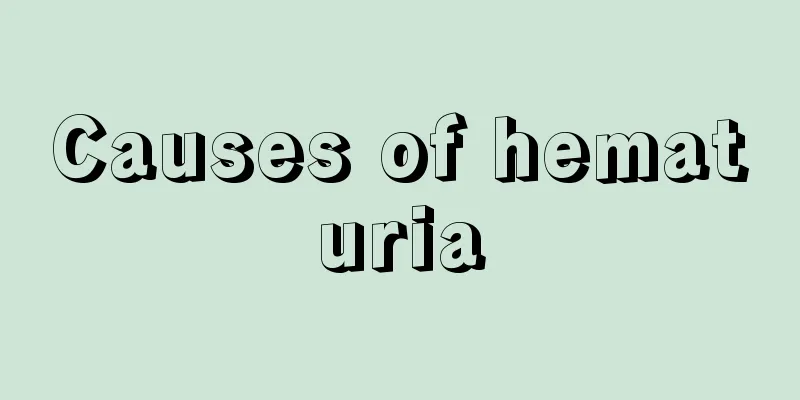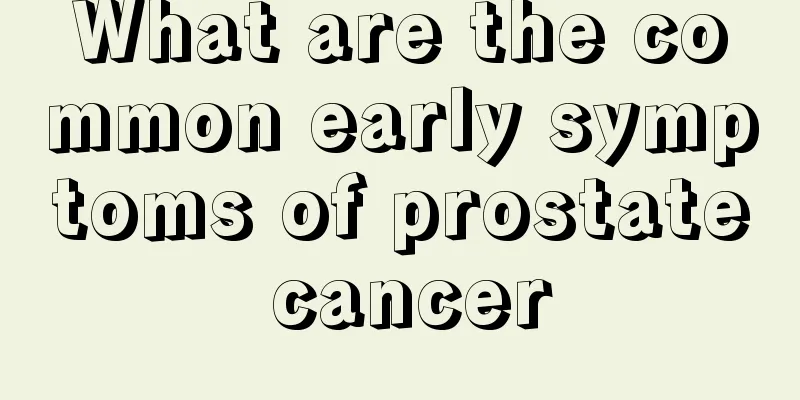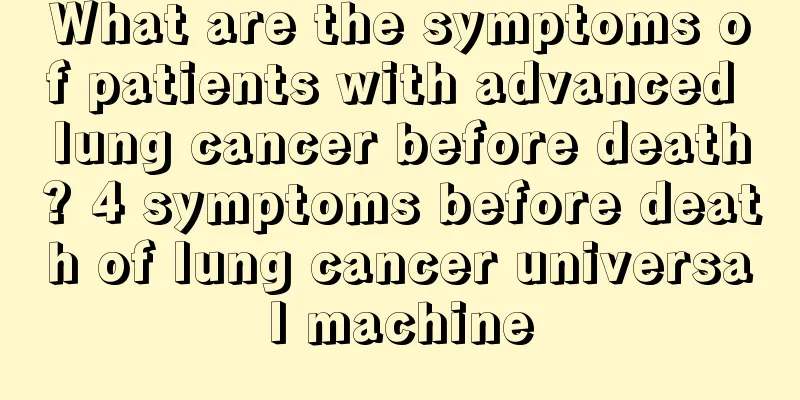At what age can the chickenpox vaccine be given

|
Chickenpox may appear as just a few blisters at first, but it spreads very quickly and soon you will find the same blisters appearing on various parts of the patient's body. Not only that, chickenpox can also spread quickly through the saliva we produce when we talk to each other. It can be said that this is a highly contagious disease. Chickenpox can be prevented by getting the varicella vaccine. At what age can the chickenpox vaccine be given? Vaccination target: It is recommended that adults and adolescents with no history of chickenpox should be vaccinated. The susceptible population is mainly healthy children aged 12 months to 12 years. Special groups should be vaccinated: 1. People who work or live in an environment with a high possibility of transmission, such as kindergarten staff, primary school teachers, Support from social public institutions, college students and military personnel, etc. 2. Close contacts of people who are at risk of developing serious diseases or complications, such as health workers, children with leukemia and other immunocompromised children and children and their families who are receiving steroid treatment. 3. Non-pregnant women of childbearing age. 4. International travelers. If a susceptible person comes into contact with an infected person, he or she should be injected with immunoglobulin. A large dose three days after contact can shorten the course of the disease and alleviate clinical symptoms. Varicella vaccine is prepared by passaged strains of varicella virus and is the only means of preventing varicella infection. Getting the varicella vaccine not only prevents chickenpox, but also prevents complications caused by varicella-zoster. Varicella-zoster virus (VZV) belongs to the herpesvirus genus A, herpesviridae family, and has 6 to 8 viral glycoproteins (G), which are associated with infection, production of neutralizing antibodies, viral replication and virulence. VZV has only one serotype, and it is still unclear whether there is cross immunity with other herpes viruses. Humans are the only host of this virus. Chickenpox is an acute, highly contagious infectious disease caused by the varicella-zoster virus. The main clinical symptoms are fever, and the appearance of macules, papules, vesicles and scabs in batches. In severe cases, it can even lead to death. Vaccination against varicella is the safest and most effective way to prevent varicella. VZV mainly enters the respiratory lymph nodes through droplets and replicates, producing the first viremia after 4 to 10 days. The virus then spreads through the lymph and blood and is phagocytosed by monocytes. After 4 to 6 days, the second viremia begins. The virus is released in large quantities into the blood, enters the epidermis through the capillaries, invades the skin and forms vesicles. Chickenpox occurs when the body lacks immunity after primary infection with VZV. And it has the ability to continue to penetrate into the human body. |
<<: What is the vaccine for preventing chickenpox called
>>: How many years does the chickenpox vaccine last after one shot
Recommend
First aid for foreign bodies in the airway
In life, many people have experienced choking whi...
How to treat warts
If you have warts on your body, what is going on ...
What does a pregnant woman eat that can cause her baby's stomach to bloat?
If a mother eats some foods that are difficult to...
Can I have sex if I have cervical cancer?
Cervical cancer is a common gynecological disease...
Have you ever had stomach discomfort from smoking?
Smoking is actually very harmful to our body, whi...
How to care for patients with lymphoma
I believe everyone knows how terrible lymphoma is...
The difference between skin cancer and dermatitis
I believe that people know more about dermatitis ...
What kind of rehabilitation training is there after wrist radius fracture?
The radius of the wrist is a very fragile joint i...
Is alcohol ok for face wipes?
Alcohol is a liquid that everyone is familiar wit...
When to terminate CPR?
In daily life, when you encounter an emergency wh...
Friends should understand the complications of lymphoma
Complications of lymphoma are not uncommon among ...
Puffed food calories
There are many types of puffed foods, and most of...
What are some folk remedies for treating vascular headaches?
Vascular headache is a disease that has a great i...
Can rice wine remove scars?
Many people prefer to drink rice wine because it ...
The cost of Gamma Knife treatment for kidney cancer
Gamma Knife treatment is suitable for recurrent t...









